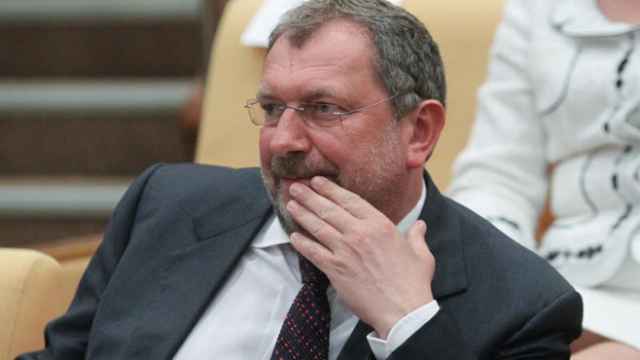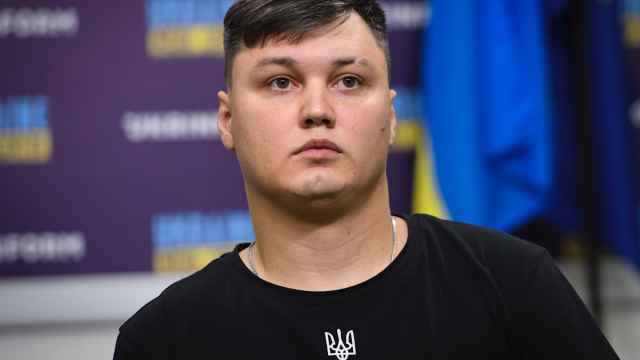The deputy head of Russia's Central Bank provided instructions to members of the Moscow-based Taganskaya crime syndicate on how to launder money through banks and real estate in Spain, according to a report by the Bloomberg news agency on Tuesday.
Torshin reportedly occupied a higher position in the organization than its leader Alexander Romanov, who called the Central Bank deputy head “godfather” or “boss,” Bloomberg reported, citing a report by Spanish investigators.
The allegations are based on recordings of phone conversations between Romanov and Torshin in 2012 and 2013, and documents seized from Romanov's villa in Spain. Torshin denies any connection to the Taganskaya syndicate, claiming that he had “purely social” ties to Romanov.
Torshin claims that he met Romanov at the beginning of 1990s and that they later worked together at the bank. He told Bloomberg he hadn't spoken to Romanov since he was was arrested in 2013.
Romanov was sentenced to four years in prison in Spain in May over illegal transactions worth 1.65 million euros ($1.83 million) and $50,000. Torshin was appointed deputy head of Central Bank in January this year. Before that, he was a senator in the United Russia party representing the republic of Marii-El.
Bloomberg noted that Torshin wasn't charged by the Spanish authorities. According to an unidentified Spanish official, “prosecuting Torshin isn’t worth the effort because Russia doesn’t cooperate in cases involving high-ranking officials.”
In June, the Spanish Civil Guard detained six Russian citizens and a Ukrainian suspected of money laundering. The move was described by the media as “a new blow to the Russian mafia in Spain.” According to the El Mundo newspaper, the suspects had ties to United Russia officials.
A Message from The Moscow Times:
Dear readers,
We are facing unprecedented challenges. Russia's Prosecutor General's Office has designated The Moscow Times as an "undesirable" organization, criminalizing our work and putting our staff at risk of prosecution. This follows our earlier unjust labeling as a "foreign agent."
These actions are direct attempts to silence independent journalism in Russia. The authorities claim our work "discredits the decisions of the Russian leadership." We see things differently: we strive to provide accurate, unbiased reporting on Russia.
We, the journalists of The Moscow Times, refuse to be silenced. But to continue our work, we need your help.
Your support, no matter how small, makes a world of difference. If you can, please support us monthly starting from just $2. It's quick to set up, and every contribution makes a significant impact.
By supporting The Moscow Times, you're defending open, independent journalism in the face of repression. Thank you for standing with us.
Remind me later.





